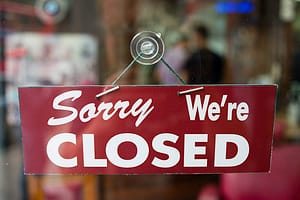Headline inflation dropped for a third consecutive month in January, according to the Office for National Statistics which pointed to the fall in the price of petrol, air and coach travel.
Laura Suter, head of personal finance at AJ Bell, comments on the latest UK inflation figures: “Prime Minister Rishi Sunak will be pleased today, as inflation marched one step closer to that Government target of halving by the end of the year. We saw a chunky fall in the CPI rate of inflation from 10.5% in December down to 10.1% in January, as various areas of our lives were less expensive.
“Petrol and diesel costs were a factor in the falling rate, with the cost of fuel at the pumps being lower than January last year. But on top of that the cap on bus fares squashed some of the price rises we’d seen when travelling by bus. It’s the seventh monthly fall in the cost of transport and now transport inflation sits at similar levels to February 2021.
“Holiday prices not climbing by as much was another reason inflation fell, as the cost of jetting off didn’t increase as much as in December, with the cost of staying in hotels also reduced, having hit a 31-year high at the end of last year. Anyone popping into their local café for a coffee and cake, or going out to a restaurant to eat, may also notice that prices aren’t rising by quite as much.
“But despite these falls, prices are still rising elsewhere. We still have inflation in the double digits and sitting at almost double what it was this time last year. Small tweaks down in prices in some areas don’t stop the fact that many people are still seeing bills rise, with energy and food costs still increasing. It feels like a long journey from here to the Bank of England’s prediction of 3% inflation in the first few months of 2024.
“Some of the changes in the headline inflation number are also down to the ONS rejigging the inflation basket and increasing the weighting of some areas and reducing the others. While this will be intended to reflect the spending patterns of the UK public, it highlights how inflation is just a barometer and not an entirely accurate representation of what many people are experiencing. Those people who are spending more on the very costly items will have a much higher personal inflation rate than this national figure.”






Leave a Comment